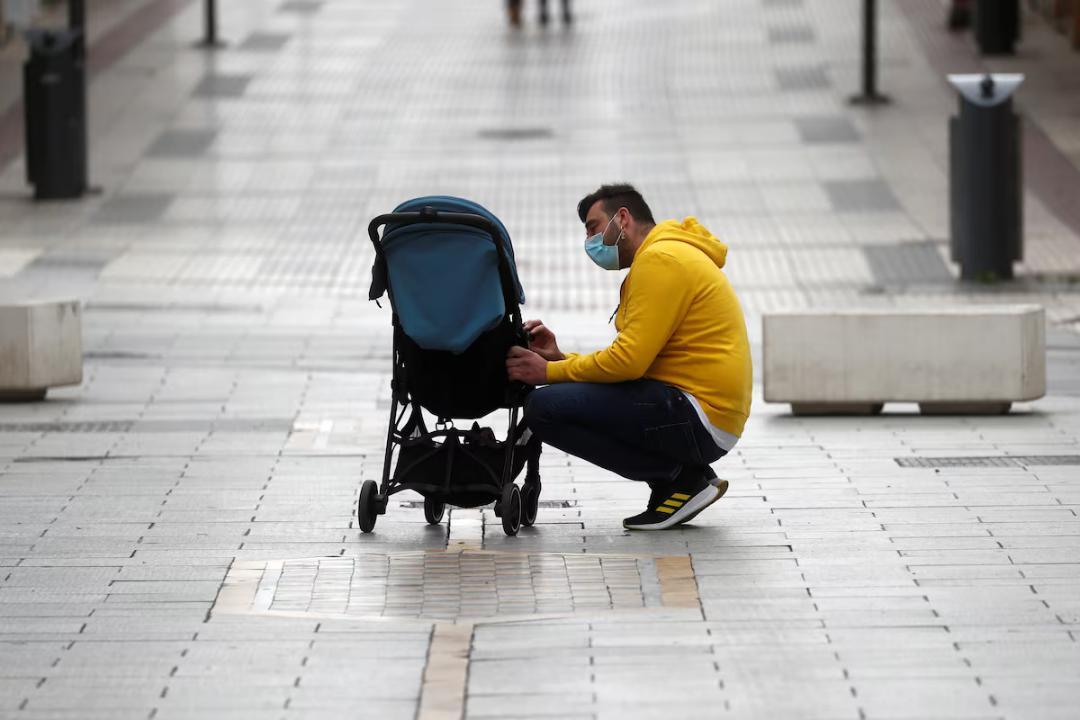
Spain to Offer 17 Weeks of Parental Leave to Both Mothers and Fathers
In a significant move towards gender equality, Spain has announced plans to extend its parental leave policy to 17 weeks, making it one of the most generous in Europe. The new policy, which will come into effect in the coming months, will provide equal, fully-paid leave to both mothers and fathers.
Spain is already one of the countries with the most generous parental leave policies in the European Union, offering 12 weeks of paid leave to new mothers and fathers. However, the new policy will add an additional five weeks of leave, making it one of the longest parental leave periods in Europe.
The decision to extend parental leave to both mothers and fathers is a significant step towards promoting gender equality and encouraging fathers to take an active role in childcare. According to the World Economic Forum, Spain ranks 14th out of 156 countries in terms of gender parity, and this move is seen as a major step forward in reducing the gender gap.
The new policy is part of Spain’s efforts to promote work-life balance and support working parents. The country has already introduced measures such as flexible working hours and childcare support to help parents balance their work and family responsibilities.
The announcement has been welcomed by feminist groups and parents’ organizations, who see it as a major step forward in promoting gender equality. “Spain is moving towards feminism…and there’d be no turning back,” said a Spanish minister, highlighting the significance of the move.
Why is this a significant move?
The extension of parental leave to both mothers and fathers is a significant move for several reasons:
- Promoting gender equality: By providing equal, fully-paid leave to both parents, Spain is promoting gender equality and encouraging men to take an active role in childcare. This is essential for reducing the gender gap and promoting a more equal society.
- Work-life balance: The new policy will help working parents achieve a better work-life balance, which is essential for their well-being and productivity. By providing more time off, parents will be able to spend more time with their children and attend to their needs.
- Economic benefits: The new policy is also expected to have economic benefits, as it will encourage more men to take time off to care for their children. This will lead to a more diverse workforce, with more men taking on childcare responsibilities, which can help to reduce the burden on women.
- International best practice: Spain’s new policy is in line with international best practice, as many countries around the world are moving towards providing equal, fully-paid leave to both parents. This includes countries such as Finland, which has been a pioneer in promoting gender equality.
What does this mean for working parents?
The new policy will have a significant impact on working parents in Spain, particularly mothers and fathers who are expecting a child. Here are some of the benefits:
- More time off: The new policy will provide an additional five weeks of paid leave, giving parents more time off to care for their children.
- Equal, fully-paid leave: Both mothers and fathers will receive equal, fully-paid leave, which will help to reduce the financial burden on families.
- Flexibility: The new policy will provide more flexibility for working parents, who will be able to choose when they take their leave and how they balance their work and family responsibilities.
- Role modeling: The new policy will also provide a positive role model for children, as they see their parents taking an active role in childcare and sharing responsibilities.
Conclusion
Spain’s decision to extend its parental leave policy to 17 weeks is a significant step forward in promoting gender equality and encouraging fathers to take an active role in childcare. The new policy is part of Spain’s efforts to promote work-life balance and support working parents, and it is expected to have a positive impact on families and society as a whole.
As the Spanish minister said, “Spain is moving towards feminism…and there’d be no turning back.” This move is a significant step forward in reducing the gender gap and promoting a more equal society, and it is likely to be followed by other countries around the world.
Source:





